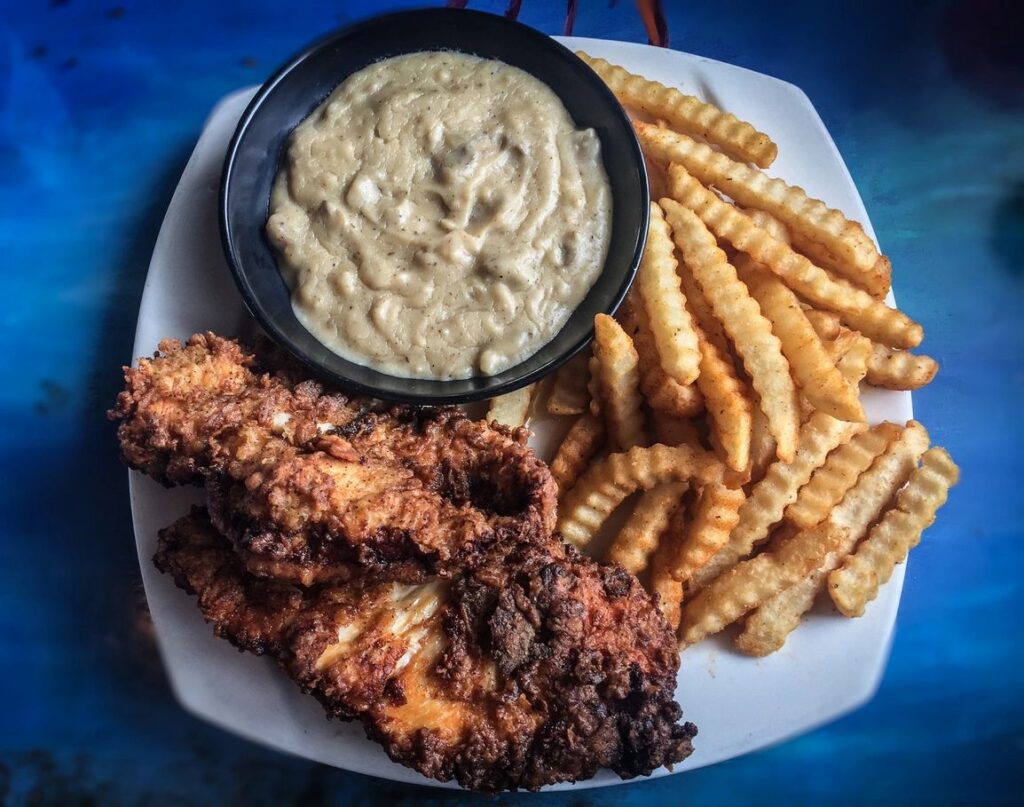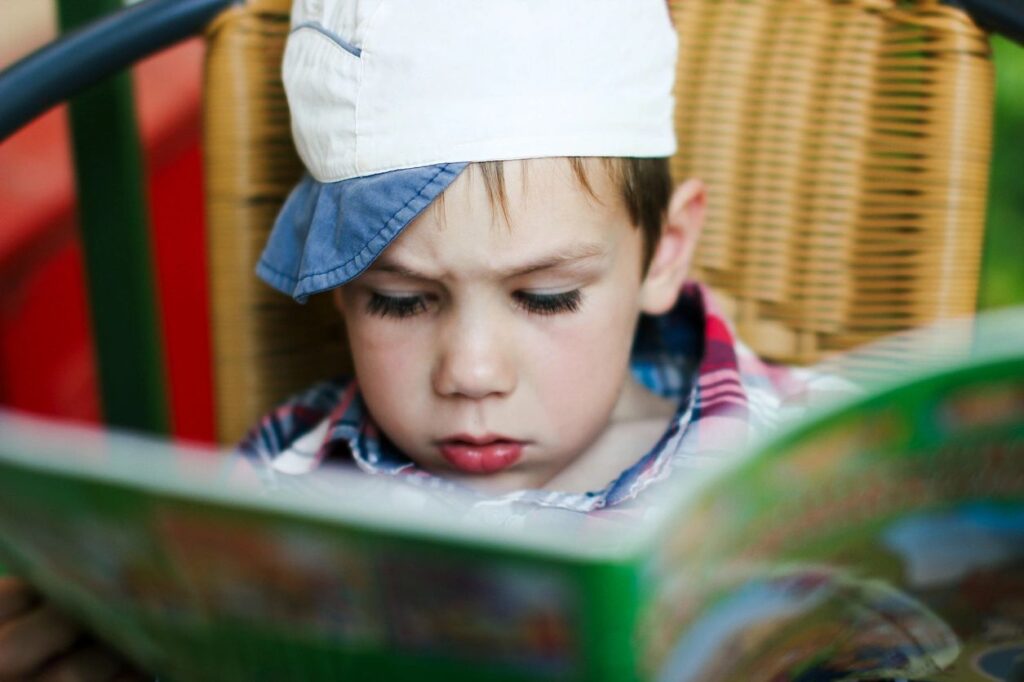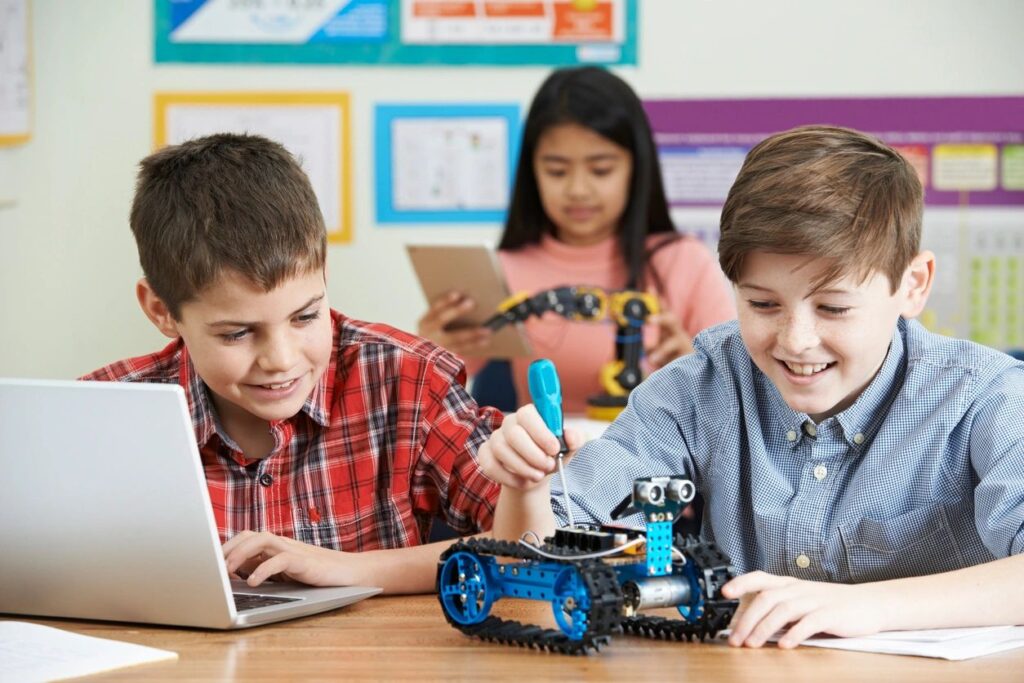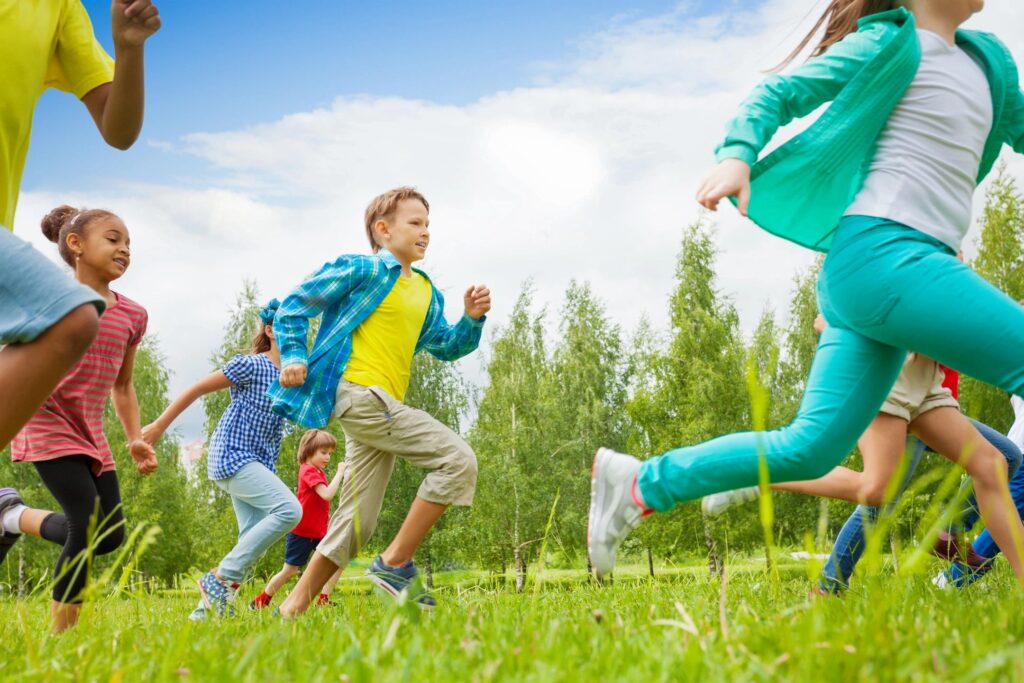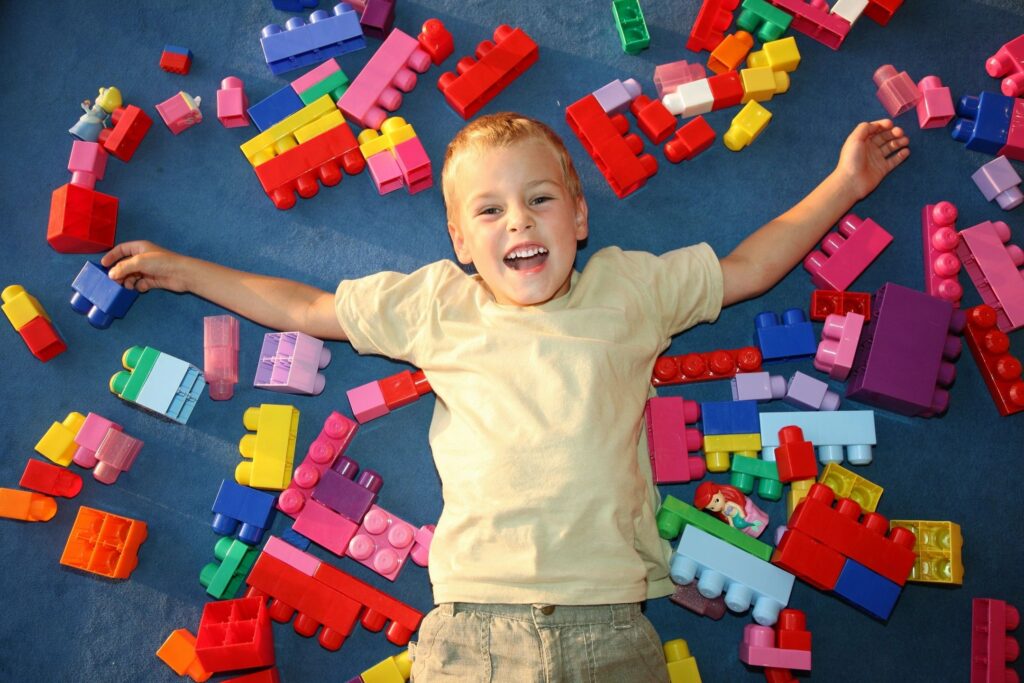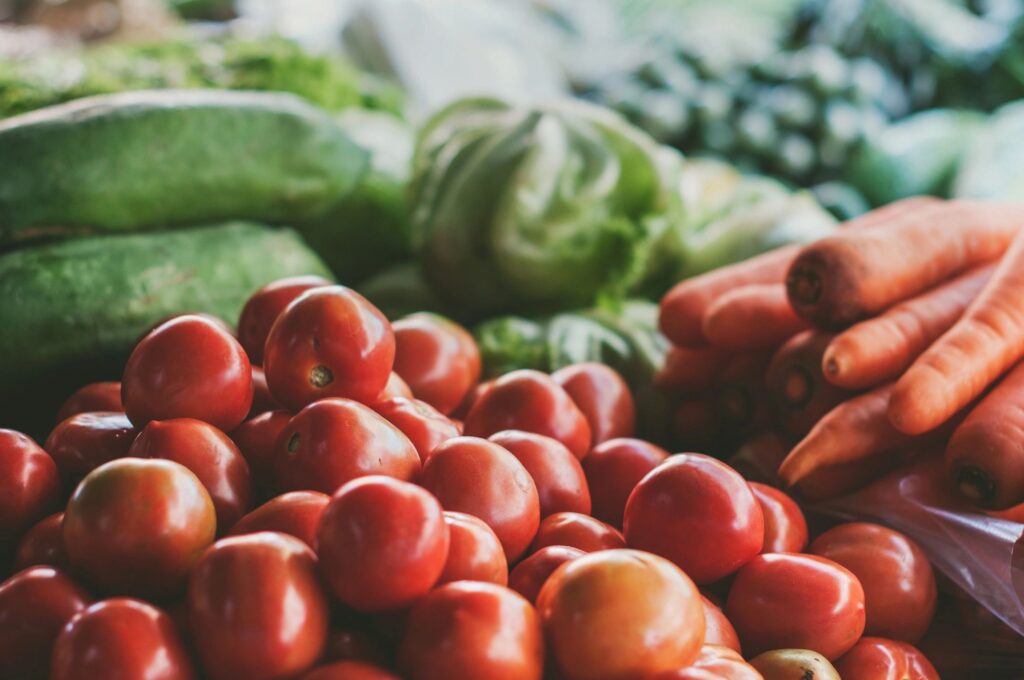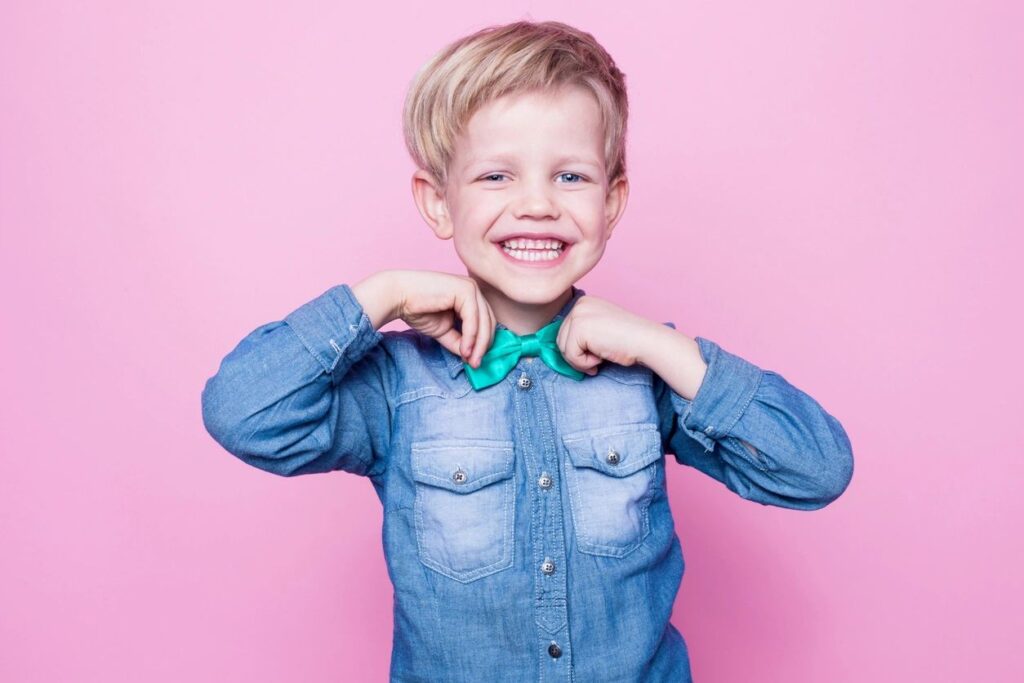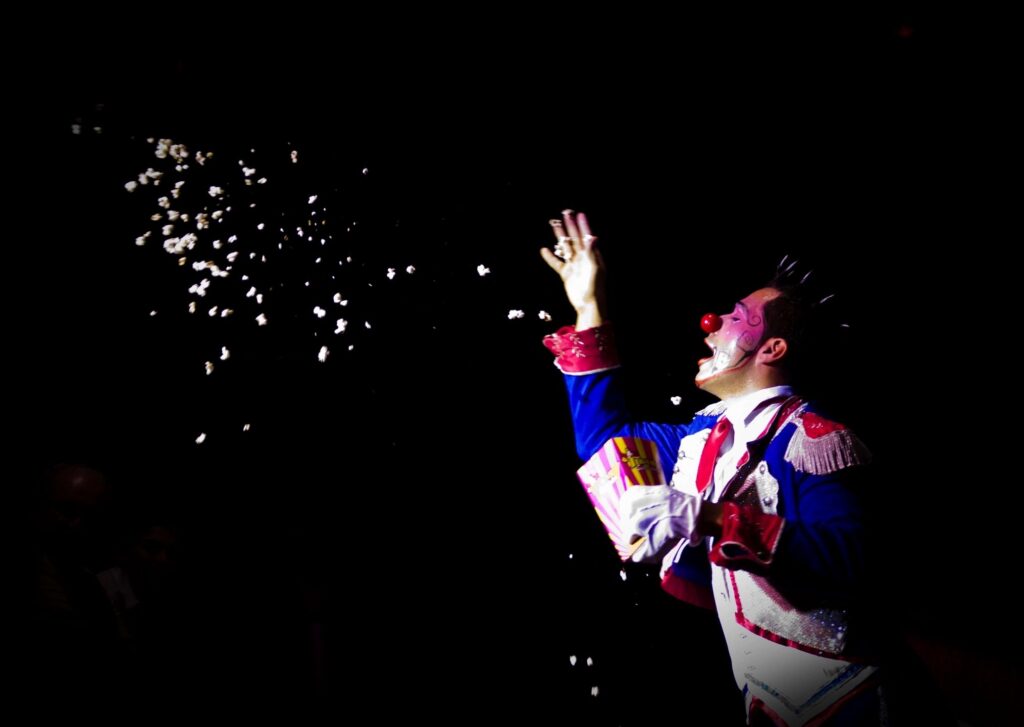Posts Tagged ‘Children’
School Cafeteria Setup Can Promote Healthy Eating Habits
The idea of “nudges” often comes up in research on the psychology of dietary choices. The theory being that certain cues can “nudge” people toward healthier eating habits. I wrote about this topic a few months ago in relation to a study suggesting that using certain types of plates might encourage children to eat more…
Read MoreCan a Cartoon Character Fight Stigma Against Autism?
Cartoons might seem like nothing more than a fun way to pass the time. Presumably, though, children who watch cartoons are integrating the things they see into how they view the world, as they do with more or less everything they encounter. That realization that cartoons can shape children’s attitudes is probably part of the…
Read MoreChildren Will Imitate Robots
Young children have a range of skills that make them phenomenal learners, and one of these skills appears to be copying the people around them. For better or for worse, children will imitate the behaviors they observe in others. Psychologists have come up with various theories about why children are such prolific imitators. One theory…
Read MoreIs Your Phubbing Hurting Your Kids?
“Phubbing” is an invented word for a phenomenon we all know to be quite real: the act of snubbing someone by burying your face in a smartphone. Psychologists have previously tied phubbing to worse mental health and less social connectedness. Now, a study adds evidence that phubbing can be bad for families too, with parents’…
Read MoreDefining Greed
A couple weeks ago, I wrote about a study on how childhood experiences potentially give rise to a later tendency to be greedy. The gist of the study was that only children from wealthier families were greedier on average as teenagers but that socioeconomic status didn’t have any obvious effect on greed for children with…
Read MoreThe Childhood Roots of Greed
Being willing to share resources with each other is one of the things that keeps our society functioning. That’s why one of the lessons that we commonly teach children is how to share. Of course, to varying degrees, we all ignore that lesson at times. There’s an opposite tendency to always want more of something…
Read MoreChoice of Plate Can Help Children Eat Their Vegetables
For centuries, parents have been trying to cajole their children into eating broccoli. Now scientists are here to help. Techniques for convincing children to up their fruit and vegetable consumption are sometimes called “nudges.” Researchers have been investigating these techniques in recent years and found that, in general, nudges do have the ability to influence…
Read MoreWhen Do Children Learn to Influence Others With Gifts?
Adults give gifts for different reasons, some of which are altruistic, and some of which are less so. One of the less altruistic reasons adults give gifts is when they want something in return. So when do children learn that they can influence other people with gifts? A team of psychologists explored this question in…
Read MoreA Lunchtime Nap Can Boost Children’s Academic Performance
We typically think of it as a bad thing to “fall asleep on the job.” But when your job is learning, a midday nap might be just what the psychologist ordered. A new study of 3,819 elementary school children in China suggests that lunchtime naps are associated with better performance in school. As it turns…
Read MoreA Psychological Profile of the “Class Clown”
When you were in middle school, you could probably name without having to think who the “class clown” was. If you’re a middle school teacher, bless your heart, you can probably do the same. It’s not hard to know who the class clown is, since they’re generally happy to draw attention to themselves. But figuring…
Read More